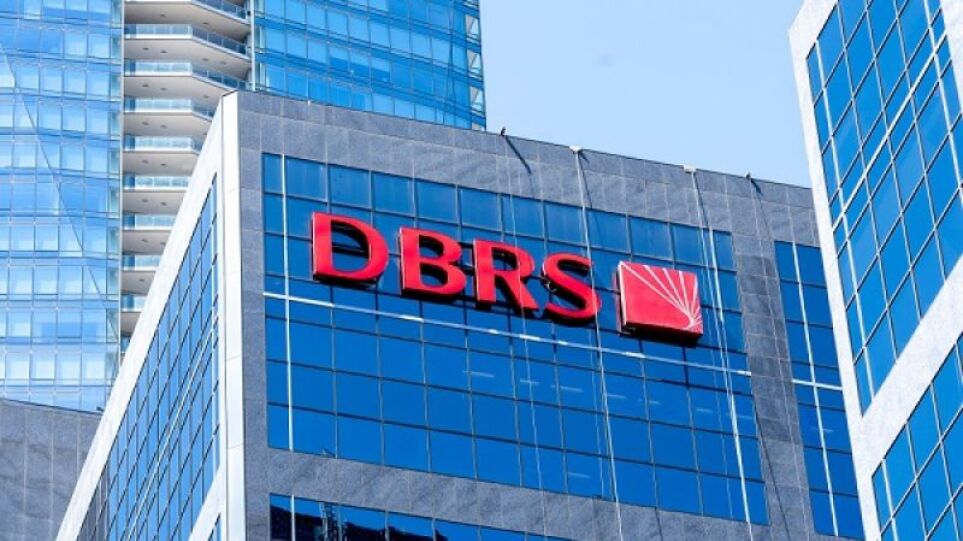The European nonperforming loan (NPL) securitisation market continued to support the divestment of NPLs from banks and offered access to distressed investments for investors in 2020, according to DBRS's recent report "Evolution of European Banks' NPLs and NPL Securitisations Amid COVID-19".
Despite the
Coronavirus Disease (COVID-19) lockdowns, there was a considerable supply of public and private
NPL transactions from multiple jurisdictions over 2020, although Spain and Portugal did not see any
public issuance during the year.
In this report DBRS focused on how the markets in the key European NPL securitisation
jurisdictions -Italy, Greece, Spain, Portugal, Ireland, and Cyprus- developed between Q4 2019 and
Q2 2021 in light of the EU-wide measures and the development of the NPL securitisation asset
class.
The property market
The evolution of the property market
post the servicer's initial business plan directly affects business plan performance on secured loans.
Post loan default, prior to enforcement, increases in property prices could improve the performance
of a secured loan, allow possible refinancing, or result in profitable loan sale.
According to the report, post Q1 2008, all six countries experienced drops in property prices over time with Ireland showing the earliest and deepest drop to circa 46.0% of Q1 2008 value by 2013, with a significant recovery since then, showing the index at circa 87.0% in the latest available data.
Spanish property prices gradually recovered to around 85.0% following a dip to 63.4% in 2014. The Italian property price dip is less pronounced and is from 2011 onward, reaching its lowest point in 2019 at 82.0%. Since then, it has gradually improved to circa 86.0%.
Greece and Cyprus follow a similar trajectory with a continuous and gradual decline, reaching 58.0% and 70.7% of the Q1 2008 value, respectively, by the end of 2016/beginning of 2017. Greece is at 69.0% and Cyprus is at 87.0% of Q1 2008 figures according to the latest data.
Residential property markets in all six countries have held up well during the coronavirus, with all
jurisdictions experiencing positive price development in 2020.
The NPLs
The asset quality of the European banks’ loan portfolios had been on an improving trend before the
first coronavirus-enforced lockdowns started towards the end of Q1 2020.
Further large reductions
in NPLs were achieved in Italy and Greece post Q2 2020 due to securitisations and other loan sales.
On aggregate, banks in the two countries with government NPL securitisation guarantee
programmes (GACS in Italy and HAPS in Greece) have achieved the greatest reduction in the
nominal size of NPLs. These were planned transactions and would have happened regardless of the
coronavirus.
The majority of the €40.1billion reduction in NPLs reported by the four Greek banks (those
followed by the EBA Risk Dashboard) between Q4 2019 and Q2 2021 (€70.1billion and €30.4billion, respectively) is due to HAPS-compliant securitisations. According to Deloitte's June 2021
publication titled "Deleveraging Europe", €24.9 billion of transactions have closed under the
Greek HAPS between the beginning of 2020 and June 2021.
The conclusion
The comprehensive response of the European governments and the EC have so far been effective in
preventing an increase in NPLs across European NPL securitisation jurisdictions in the short term.
Unemployment and residential real estate have performed better than expected in these
jurisdictions, with Portuguese real estate price increases exceeding other European NPL
securitisation jurisdictions.
Between Q4 2019 and Q1 2021, the two countries with government NPL securitisation guarantee
programmes (Italy and Greece) achieved the greatest reduction in the nominal size of NPL amounts
on bank balance sheets. The majority of the achieved
and planned reduction in Greece has been and is due to securitisations under HAPS, according to Deloitte. The effects of the unwinding of the relief measures on NPLs on banks' balance sheets are still to be
seen. As the moratoria and PGS expire and other measures reverse, we expect NPLs to increase but
the deterioration will depend on various factors, including the full country's economic recovery.















